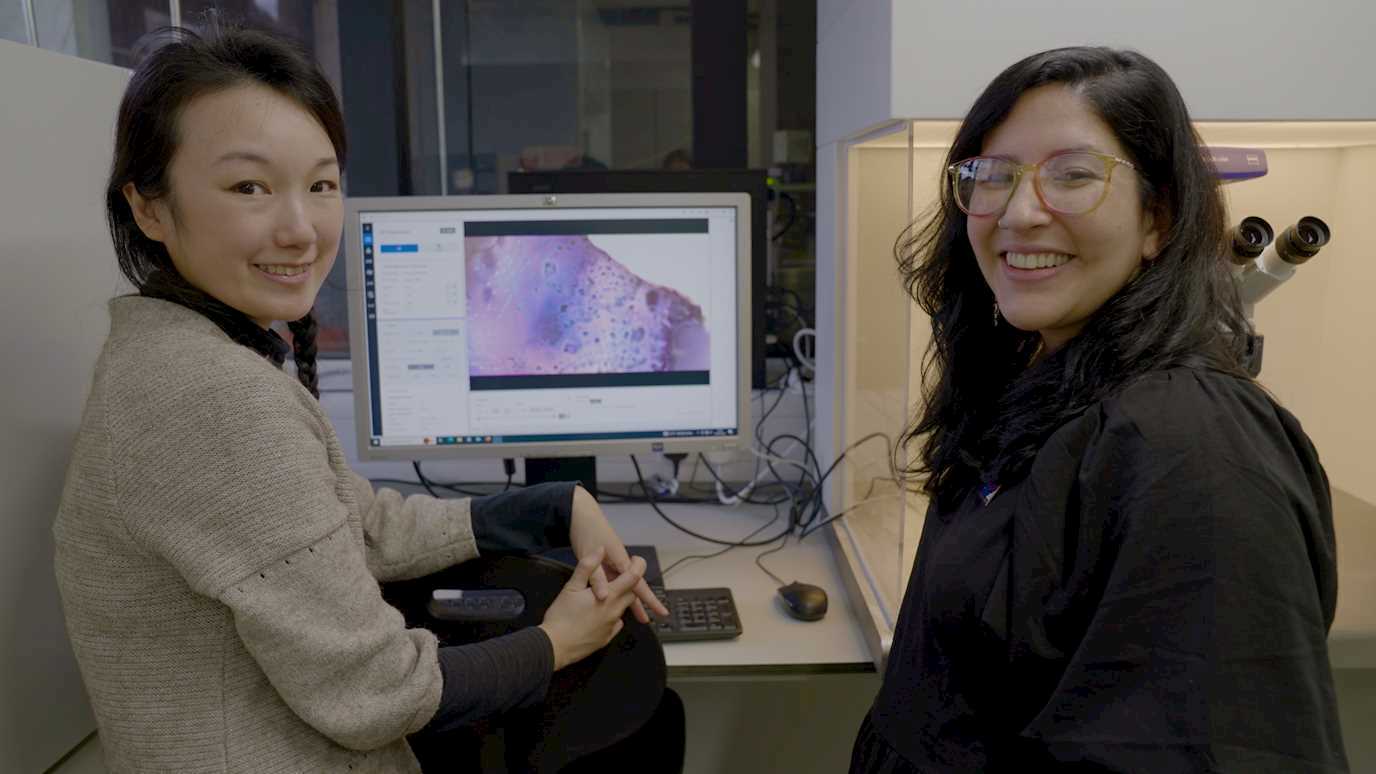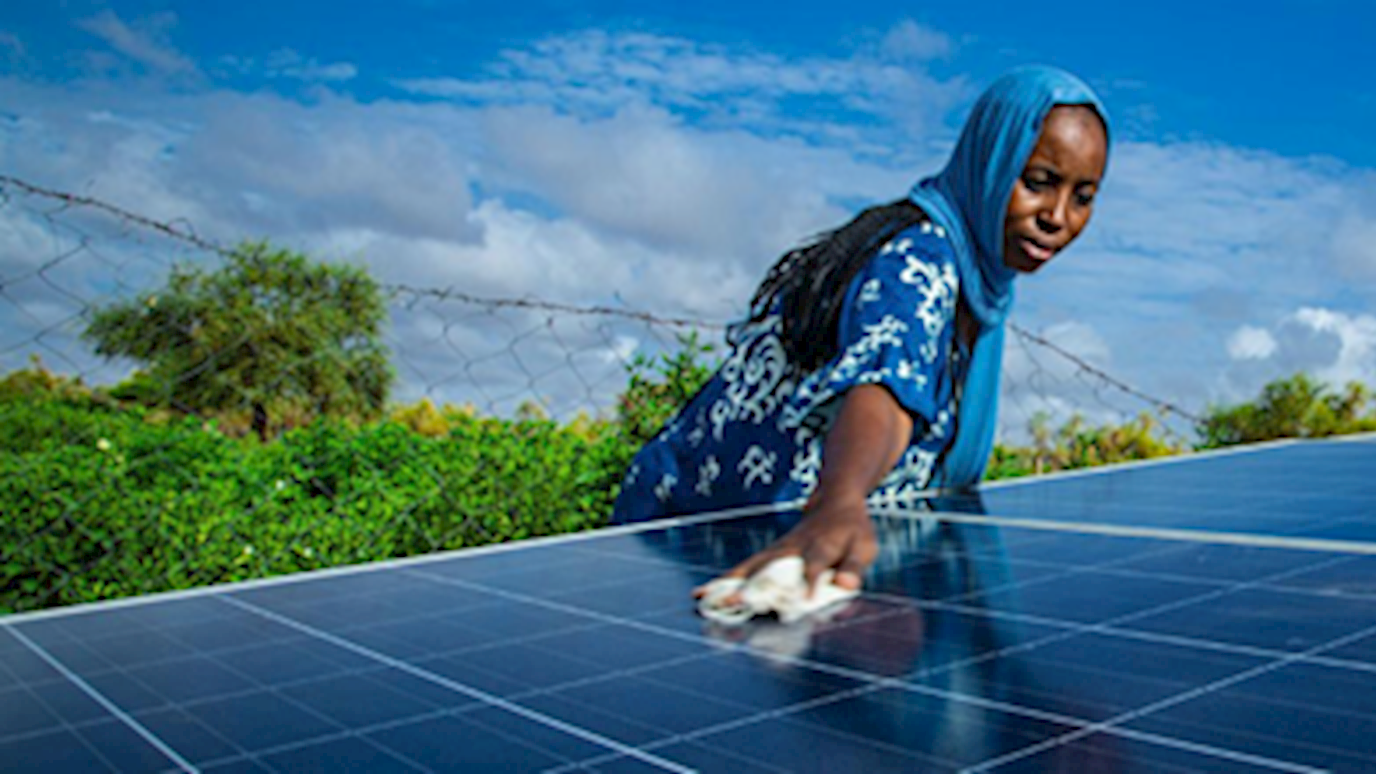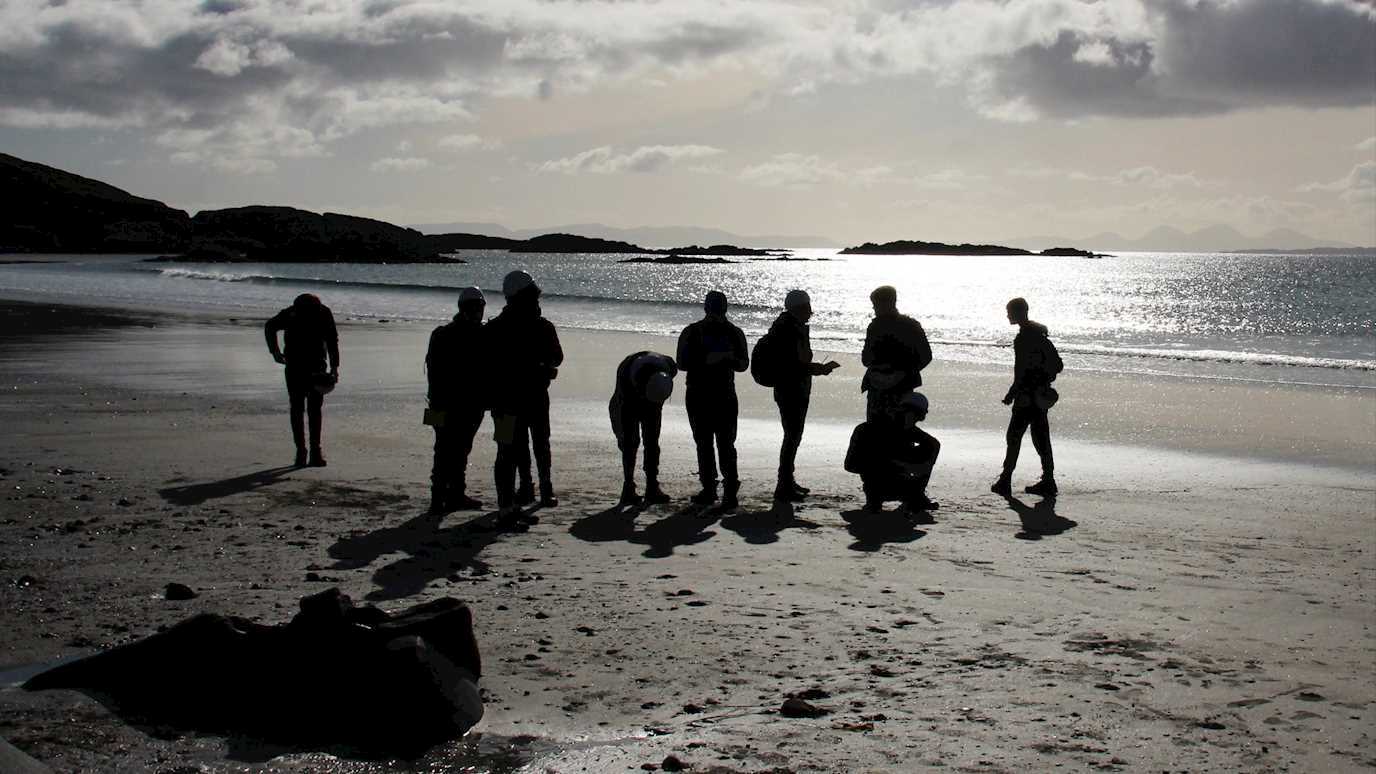Summer Research Experience Placement
The NERC Research Experience Placement (REP) scheme is now available for applications. The scheme will be offering funding to support paid summer placements for undergraduate students to carry out research projects with us here at the Department of Earth Sciences at Royal Holloway University of London.
Research topic: Adsorbed organic contamination on urban rooftop dusts
Lead supervisor: Dr Queenie Hoi Shan Chan
Location: Department of Earth Sciences, Royal Holloway University of London
Duration: 10 weeks
Suitable undergraduate degrees: Geology, Chemistry, Physics, Biology
Project background:
Urban rooftop dust collection is essentially a “museum” of small particles exhibiting a wide range of materials from microplastics (MPs; 20µm−5mm) to micrometeorites (MMs; >100µm). Despite the notable distinction of their origins – artificial terrestrial pollutant versus natural extra-terrestrial dusts, MPs and MMs share a common problem that hinders their investigation: adsorption of terrestrial organic pollutants. MPs are an emerging environmental concern worldwide as they can adsorb persistent organic pollutants such as polycyclic aromatic hydrocarbons (PAHs) (Frias et al. 2010). These organic adherents can also hinder their proper identification (Zhang et al. 2020). MMs dominate the annual extra-terrestrial mass flux entering the Earth, and their organic contents (majority in the form of PAHs) inform us about the exogenous source of extra-terrestrial carbon. However, carbon derive from contamination of MMs during their time in the atmosphere can mask their intrinsic carbon signature. Yet, since MMs also naturally contain organic material like PAHs, it is difficult to discern organic pollutants from their indigenous organics.
This project will investigate the nature of organic contamination on MPs and MMs. The student will have hands-on experience in collecting atmospheric MPs and MMs from urban dust accumulated rooftop and through rainwater collectors, as described in Genge et al. 2017 and Blake et al. 2018. MMs can be filtered by magnetic separation due to their high iron and nickel content, and both MPs and MMs will be rinsed with water and further filtered by size fraction and density separation. MPs and MMs will then be identified on basis of (1) shape (MPs commonly takes fibrous shape, and MMs are commonly spherical); (2) colour and lustre (black metallic, and translucent vitreous); and (3) surface texture. The potential MPs and MMs will be characterised and quantified by scanning electron microscopy with energy-dispersive X-ray spectroscopy (SEM-EDX). The location and distribution of carbonaceous material will be mapped by SEM-EDX, in order to determine the occurrence and abundance of organic material, which could have been adsorbed onto the MP and MM surfaces as organic pollutants.
Another merit of this study is the availability of a low-cost sampling method for extra-terrestrial material. This study will have the potential of extending into a future PhD project which will aim at characterising the nature of the organic contaminants, using analytical techniques such as Raman spectroscopy and Fourier-transform infrared spectroscopy (FTIR). The sources, nature, and risk of these organic pollutant in these natural atmospheric systems warrant further attention. Potential partners of this and a future PhD project will include Met Office and the Natural History Museum.
Application deadline - 4th June 2021.
Click here for eligibility details and how to apply: https://www.aries-dtp.ac.uk/reps-how-to-apply/
Overview of the REP scheme: https://www.aries-dtp.ac.uk/study-with-us/research-experience-placements/
---
























